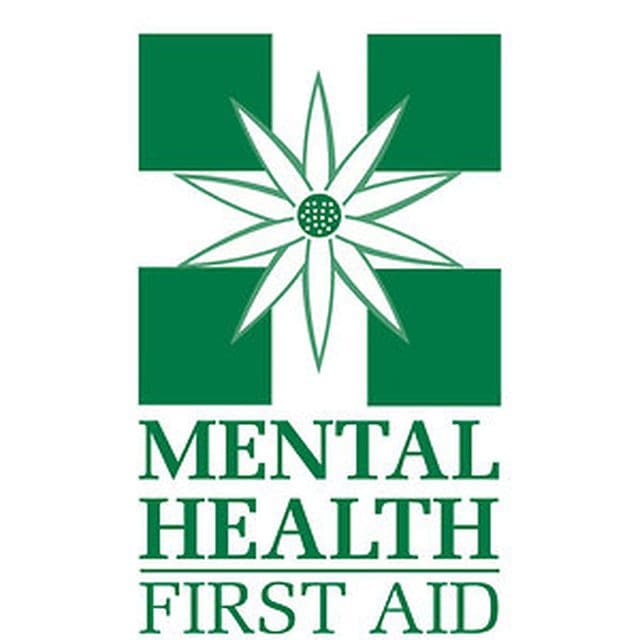The SOVA Project is happy to feature this blog post written by one in our team of fantastic SOVA Ambassadors—these are young people who help create meaningful blog posts from adolescents’ perspective.
 How much do you actually know about depression, anxiety, and other mental illnesses you suffer from, or know people who suffer from them? Educating myself was a huge step towards recovery for me:
How much do you actually know about depression, anxiety, and other mental illnesses you suffer from, or know people who suffer from them? Educating myself was a huge step towards recovery for me:
- It gave me a better understanding of the causes of my illnesses
- It resolved the question of “What’s wrong with me?”
- It provided me with a platform of information from which I went on to seek treatment for my illnesses.
Buzzfeed has released a list of books about understanding mental illnesses and disorders, ranging from memoirs and novels to more self-help and informative books. I highly recommend reading through a few of them!
Click here for the full list of “31 Books That Will Help You Better Understand Mental Illness and Disorders.”
What books or articles have you read that have given you a better understanding of your child’s mental health challenges? What aspects of these helped you? Please share with our community in the comments, or start a discussion on our discussion board.

 Does your teen ever get nervous about posting photos of themselves on social media when they’re in the middle of a breakout?
Does your teen ever get nervous about posting photos of themselves on social media when they’re in the middle of a breakout?
 I started my first diary when I was 12 years old and I haven’t stopped writing since. My diaries from middle school focus a lot on my friends, my crushes, shaky attempts at poetry, and how much my sisters annoy me. Nowadays my writing is a bit different. I still write about my relationships and I still write poems but I also write about living with mental illness. For me, writing has always been a really healthy way for me to process my feelings, rehearse how I’d talk about them, and then provide structure so I can share my story with the world. Over time I’ve grown from a writer who mostly writes for herself, to one who shares it with other people—but this was a process! The decision to share your writing is a serious decision that you need to think about.
I started my first diary when I was 12 years old and I haven’t stopped writing since. My diaries from middle school focus a lot on my friends, my crushes, shaky attempts at poetry, and how much my sisters annoy me. Nowadays my writing is a bit different. I still write about my relationships and I still write poems but I also write about living with mental illness. For me, writing has always been a really healthy way for me to process my feelings, rehearse how I’d talk about them, and then provide structure so I can share my story with the world. Over time I’ve grown from a writer who mostly writes for herself, to one who shares it with other people—but this was a process! The decision to share your writing is a serious decision that you need to think about.



 Self-care is all about improving ourselves, having more energy, and being more satisfied with the events happening in and around us.
Self-care is all about improving ourselves, having more energy, and being more satisfied with the events happening in and around us.
 It’s pretty common for adolescents and young adults to click the “Like” button on a post that they don’t really like or care about, just to make sure they’re part of a group. And the results of this behavior, if it’s carried out over time, are associated with anxiety and depression.
It’s pretty common for adolescents and young adults to click the “Like” button on a post that they don’t really like or care about, just to make sure they’re part of a group. And the results of this behavior, if it’s carried out over time, are associated with anxiety and depression.
 I strive for perfection all the time, especially when it comes to academics. If I feel as if I scored less than an A on any assignment or exam then I have terrible anxiety accompanied with crying spells. During these times of distress, it’s nearly impossible to calm myself down. I shake and mentally exhaust myself so much that I cannot do anything else for the rest of the day. These intense distressful experiences last for hours.
I strive for perfection all the time, especially when it comes to academics. If I feel as if I scored less than an A on any assignment or exam then I have terrible anxiety accompanied with crying spells. During these times of distress, it’s nearly impossible to calm myself down. I shake and mentally exhaust myself so much that I cannot do anything else for the rest of the day. These intense distressful experiences last for hours.
 It can be difficult to guide your child about making a decision to start therapy if their grades are already suffering. How can they afford the time to go to all of the sessions? Especially if they have to miss school? Is it worth it?
It can be difficult to guide your child about making a decision to start therapy if their grades are already suffering. How can they afford the time to go to all of the sessions? Especially if they have to miss school? Is it worth it?
